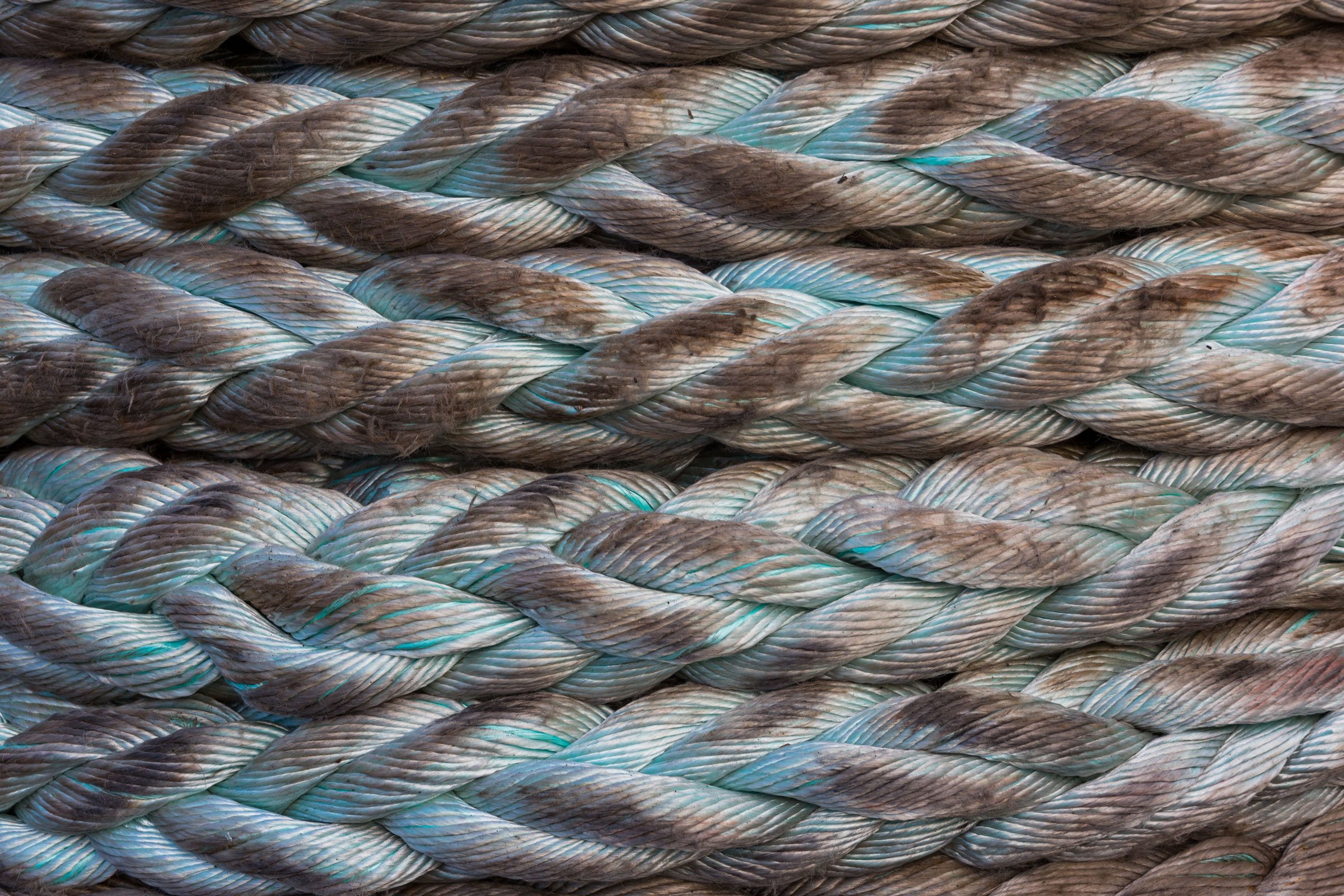
Blog
Spotlighting fishermen-led climate action from coast to coast
Fishermen’s reflections: How to make mCDR research and development “fishery sensitive”?
At our May 28 webinar on “Marine Carbon Dioxide Removal: What Fishermen Need to Know,” a panel of four commercial fishermen and fisheries representatives reflected on their participation earlier this spring in a set of roundtables hosted through the Fishery Friendly Climate Action Campaign to support this project.
Apply to join the Commercial Fisheries Thought Leadership Forum on mCDR
Commercial fishermen, seafood businesses, and fisheries representatives are invited to join a Thought Leadership Forum on Marine Carbon Dioxide Removal (mCDR). This is an opportunity to collaborate with other dedicated fisheries stakeholders to set the tone for industry engagement in the field of mCDR.
Ocean Visions Summit, Day Three: What’s Next?
The final day of the Ocean Visions finished with a plenary session where panelists and audience members took turns at the mic to reflect on the three-day experience and share their visions for what comes next. A number of these comments focused on the fourth pillar of the Ocean Visions network’s agenda to confront the ocean-climate crisis: Reach. Ocean Visions recently added its “Reach” pillar to the other three pillars in its strategy (Remove, Repair, and Reduce) to ensure that “a wide array of diverse perspectives and backgrounds are fully engaged in pursuit of solutions.”
Ocean Visions Summit, Day Two: Moving from “Engagement” to “Agency”
As the field of marine carbon dioxide removal (mCDR) jumps from the laboratory into the field, can it advance in a way that avoids crushing coastal communities? That was the unspoken question at the heart of a panel discussion on “Working with Communities at the Ocean-Science Nexus” at the Ocean Visions Summit in Vancouver, BC earlier this week.
Ocean Visions Summit: Day One
I came here on a reconnaissance mission to understand one particular set of ocean climate solutions: those categorized as marine carbon dioxide removal, or mCDR. Who is leading the charge on mCDR, how fast is the field moving, and what key governance and engagement onramps exist for injecting fishing community priorities into the conversation?
How do we ensure marine carbon dioxide removal (mCDR) is “fishery sensitive”? Provide your input at a virtual roundtable!
Despite our lack of familiarity with this subject, now is the time to learn what it’s all about, and to work together as an industry to define and advocate for a version of mCDR that is “fishery sensitive” — perhaps even “fishery friendly.”
Webinar Recap: The “Transition to a Low Carbon Fishing Fleet” Initiative — A Tour of Recent Publications and a Preview of Next Steps
Thank you to everyone who joined the webinar on January 23 about “The “Transition to a Low Carbon Fishing Fleet” Initiative: A Tour of Recent Publications and a Preview of Next Steps”!
Partnership with National Fisherman: Apply for Steering Committee by February 10
In the next year, writers at National Fisherman will be working with a ten-member steering committee convened through the Fishery Friendly Climate Action Campaign to produce a 20-article series on energy efficiency and next-gen power sources for fishing vessels.
Fellowship for emerging leaders: Apply by February 10
“Leadership is accepting responsibility for enabling others to achieve shared purpose in the face of uncertainty.” Despite the seeming might of the world’s Goliaths, “David sometimes wins.” Learn these and other lessons in a new fellowship for emerging New England fisheries leaders.
Press Release: A Transition to a Low Carbon Fishing Fleet: Community-Led Reports Chart a Course for a Hard-to-Decarbonize Sector
In 2023–2024, five researchers with deep roots in the U.S. commercial fishing industry joined forces through the Fishery Friendly Climate Action Campaign to establish an evidence-based framework for fishing industry-led advocacy aimed at fostering a transition to a low-carbon fishing fleet.










